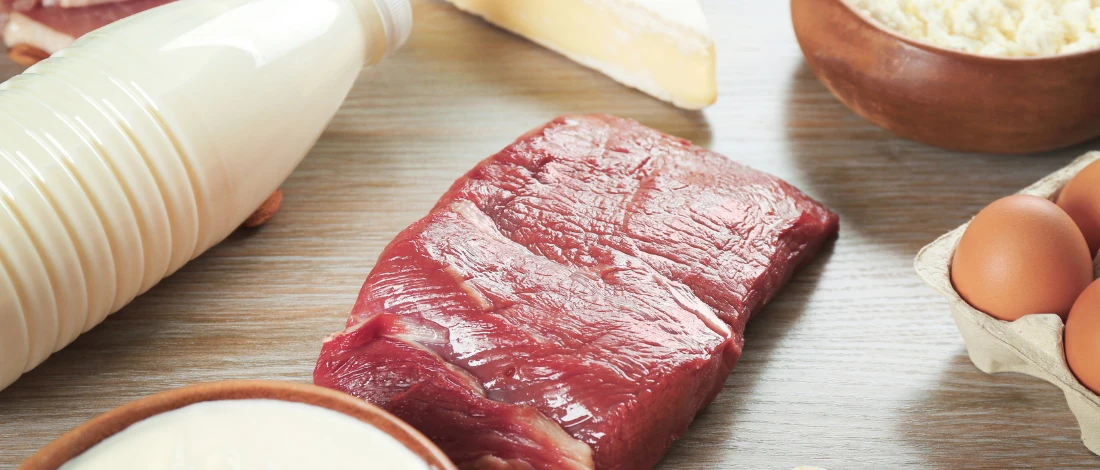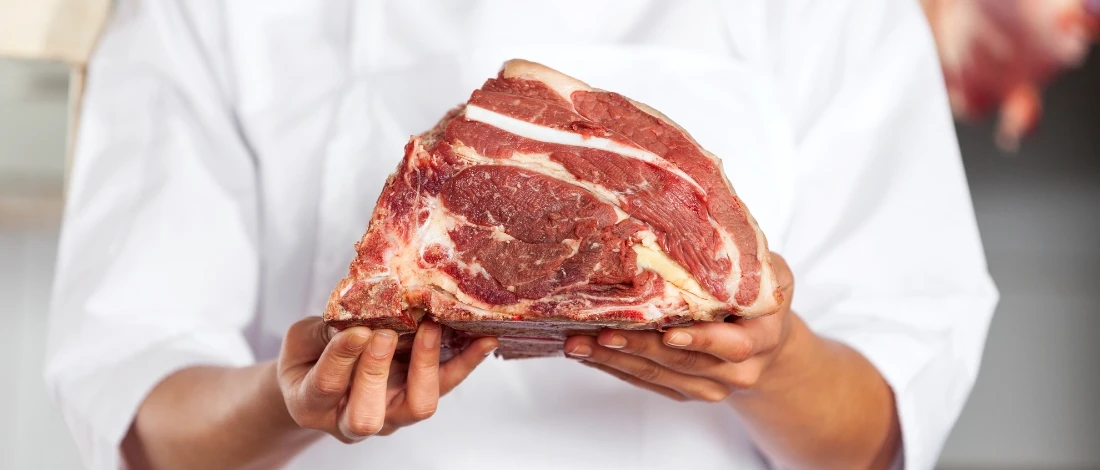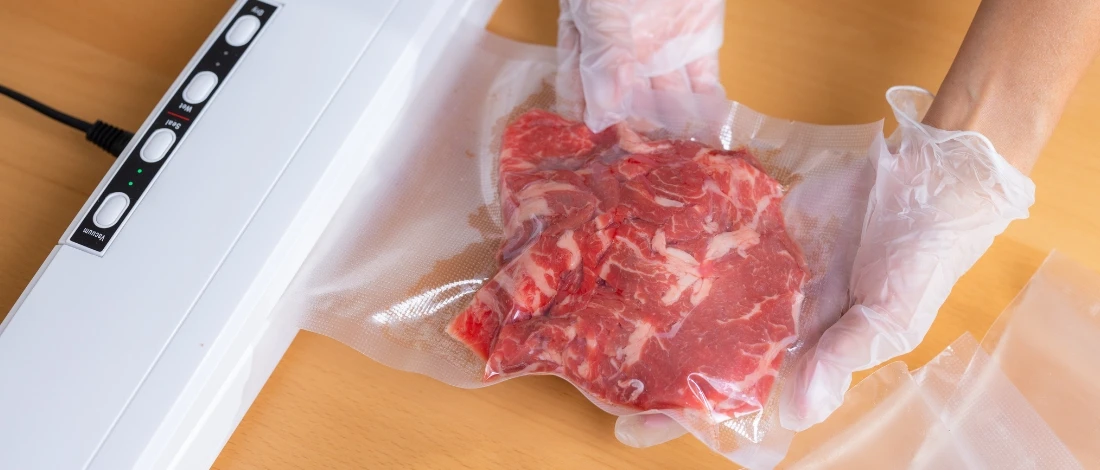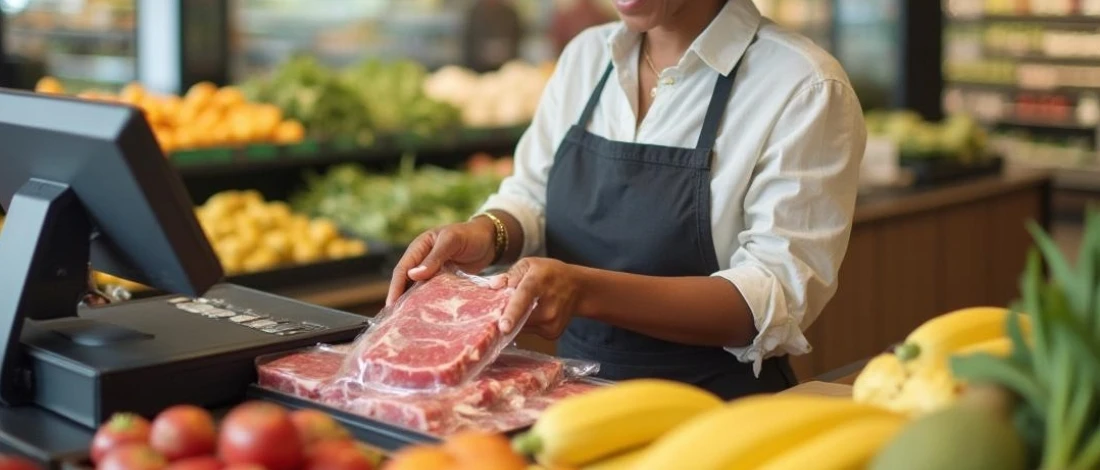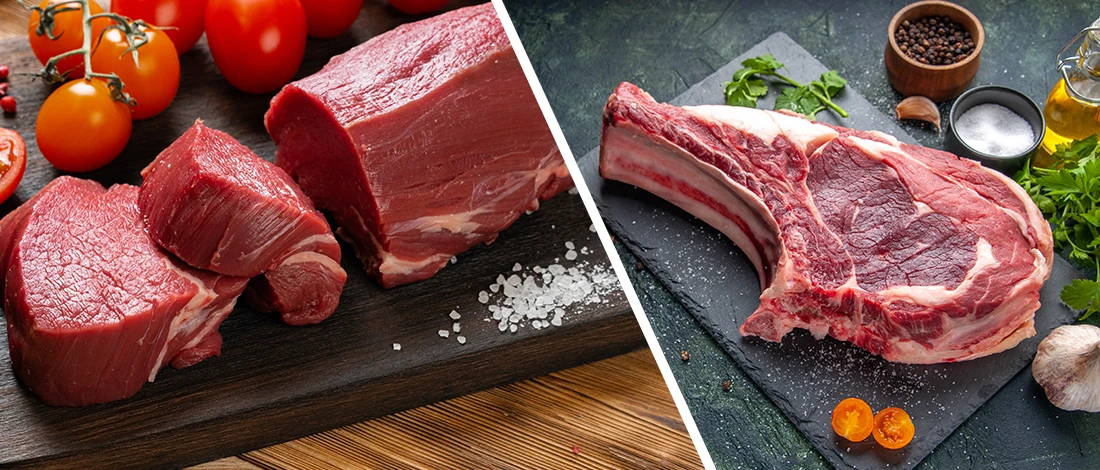Anti-Meat Agendas Stir Controversy at COP29
As COP29 unfolds in Baku, Azerbaijan, the spotlight is turning toward a contentious topic: the global push to reduce meat consumption.
The annual Conference of Parties (COP) has long focused on climate change, but recent years have seen growing calls to reshape global diets. Anti-meat activists are now advocating for a seismic shift in food systems, sparking heated debate.
Last year, COP28 saw the United Nations Food and Agriculture Organization introduce a strategy promoting non-meat alternatives.
This year, over 150 countries and organizations have rallied behind a declaration urging reduced reliance on animal protein. The aim? To support “transitioning away from animal protein overconsumption.”
Rep. Mike Flood, R-Neb., voiced strong opposition to these measures. “This is a radical position that would not only upend the basic diets of Americans and people around the world but also end the way of life that thousands upon thousands of ranchers and ag producers have lived for generations,” he said.
Meat: Nutrition and Sustainability in Focus
Proponents of traditional meat production argue that it plays a critical role in global food security and nutrition. Flood highlighted the efficiency of meat, noting, “We can deliver the same amount of protein in three ounces of beef that comes in three cups of quinoa.”
The industry has also made strides in sustainability. “Today, we’re producing beef, pork, and chicken more efficiently and with less water than we were half a century ago,” he explained, emphasizing the role of precision agriculture in reducing the use of pesticides and fertilizers.
The Fight for Meat at COP29
As climate activists push to end fossil fuel reliance, Flood cautions against similar moves in meat production.
“We don’t need meat cultured in a Petri dish when we already raise the best meat in the world,” he stated, urging Agriculture Secretary Tom Vilsack and the U.S. delegation to defend traditional agriculture.
The stakes are high. Critics argue that abandoning meat could disrupt food systems, harm economies, and dismantle generational livelihoods.
For Flood and others, protecting the role of meat at the summit is as much about tradition as it is about global sustainability.
Learn more about the essential role of meat in nutrition, sustainability, and cultural traditions—visit our homepage.

